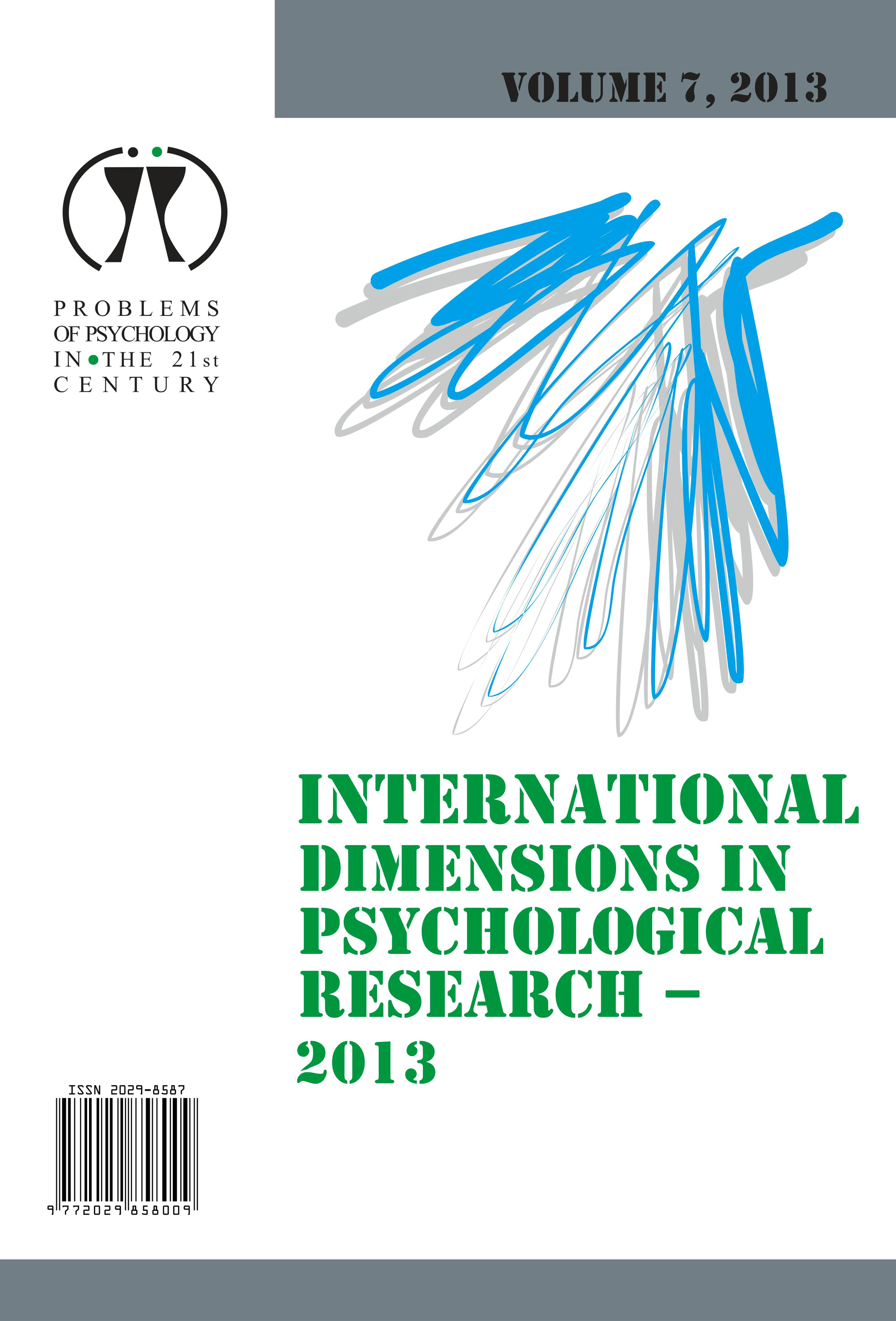THE ADAPTATION OF THE QUESTIONNAIRE POSITIVE AND DESTRUCTIVE FAMILY
THE ADAPTATION OF THE QUESTIONNAIRE POSITIVE AND DESTRUCTIVE FAMILY
Author(s): Ilona Skuja, Aleksejs Vorobjovs, Larisa AbeliteSubject(s): Psychology, Family and social welfare
Published by: Scientia Socialis, UAB
Keywords: adolescent deviance; dysfunctional family; questionnaire adaptation;
Summary/Abstract: In order to be able to correct the asocial behaviour of adolescents, several factors that can have POSITIVE AND DESTRUCTIVE FAMILY an effect on the issue must be understood, these being biological, social, and psychological, as well as understanding the context of the situation itself. Various methods were used to research valuable adolescent family environments, including the questionnaire entitled Positive and Destructive Family, which was developed by Russian authors (Опросник “Конструктивно-деструктивная семья” (КДС), Эйдемиллер, Юстицкис). Since this methodology was not available to researchers in Latvian, the first step to be taken was to adapt this method to the cultural environment of Latvia. (The author’s consent has been received for the use of the questionnaire in scientific work.) The adaptation of the method allows the following steps to be implemented (Hambleton & Patsula, 1998; 1999; 2000; Van de Vijver & Hambleton, 1996): the translation and backward translation of questionnaire observing the context of the cultural environment; empirical verification of the translated questionnaire, thereby establishing its reliability and validity in accordance with the psychometric indicators used to provide a validity check on the factors illustrated in the source survey; the administration of the survey in the new cultural environment; documentation showing the adaptation of the questionnaire and the development of the interpretation of the survey’s values. To date, only some of the aforementioned steps have been implemented and presented. Respondents from sixty families participated in the survey (all of whom were aged in group of 31-68, and who included 42 women and eighteen men). The survey consists of twenty statements to which respondents will reply either positively or negatively (this being the dichotomy scale). Further tasks are related to the complete adaptation and application there of in population surveys in Latvia. Another method for family study that has been adapted in Latvia provides more extensive opportunity for further empirical studies, and will also provide a useful set of instruments for practitioners in psychology.
Journal: Problems of Psychology in the 21st Century
- Issue Year: 7/2013
- Issue No: 1
- Page Range: 49-56
- Page Count: 8
- Language: English

